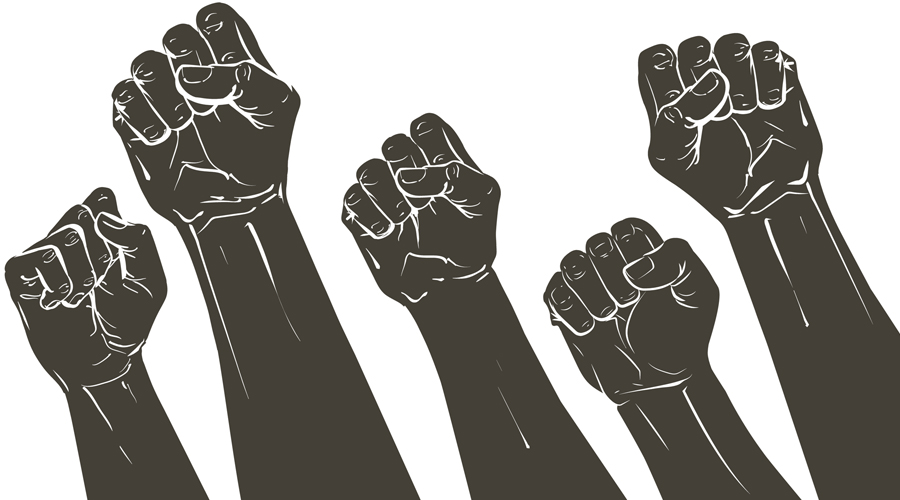Kalimpong Krishak Kalyan Sangathan (KKKS), a federation of farmers’ organisation from the hills that had backed the BJP during the 2019 Lok Sabha polls, has resolved on a hunger strike if efforts are not made by the BJP-led Centre to grant 11 hill communities the Scheduled Tribe (ST) status before the Bengal elections.
The Sangathan, which has over 9,000 members in Darjeeling and Kalimpong hills, will also hold a meeting this week with representatives of tribal communities seeking the status to give a final shape to the protest.
Bishnu Chhetri, president of KKKS, said: “Our organisation has adopted a resolution for hunger strike. However, other stakeholders and especially those from the 11 communities are sending us feelers to join the protest.”
The communities demanding the ST status are Bhujel, Gurung, Mangar, Newar, Jogi, Khas, Rai, Sunuwar, Thami, Yakka (Dewan) and Dhimal.
The BJP has in their 2014 and 2019 Lok Sabha election manifesto promised tribal status for these communities.
The Bimal Gurung faction of the Morcha, instrumental in drumming up support for the BJP, in October 2020 left the saffron camp alleging that promises stayed unfulfilled.
The farmers’ protest decision also seems to be an attempt to show their dissent to the BJP leaders from Bengal.
“Leaders from the Centre like Prahlad Singh Patel (minister of state, independent charge, for culture and tourism, who is also the BJP in-charge for north Bengal for Assembly polls) and even our own Darjeeling MP Raju Bista are hopeful of positive developments,” said Chhetri.
“However, BJP leaders from Bengal have started saying that tribal status and the issue of permanent political solution would be looked after the Bengal elections,” he added, terming Bengal BJP’s stand “humiliating” for the hill people who voted for the BJP.
“We feel that the Bengal BJP leaders are trying to sideline our issue,” said Chhetri.
Observers believe a protest against unfulfilled tribal demands would send a wrong message about the BJP in the hills.
“It was the BJP that inked those demands in their manifesto and we have every right to pressure them as we were with them during the Lok Sabha election,” said Chhetri.
The Parliament’s second part of the budget session is expected to go on from March 8 to April 8. Bengal’s model code of conduct for Assembly elections is also likely to be announced soon.
Asked if a bill (for the ST status) could be placed and passed for Bengal with the code of conduct in place, Chhetri brought in a new perspective. “Until 1954, these communities were listed as tribes. In this sense the demand is about re-listing these communities on the ST list. A simple notification by the government may serve our purpose,” said Chhetri.
The Kurmis from south Bengal, now under the OBC category, are also demanding inclusion as ST as the community was also listed ST by the Britishers.
Demand for tribal tag for the hill communities has been around for some time.
The Union ministry of trial affairs had formed a committee in 2016, before the last Bengal elections, to examine and recommend tribal status to these communities.
Since then the committee was reconstituted thrice and the final report compiled by a team headed by M.R. Tshering, joint secretary, ministry of tribal affairs.
In 2019, Bishal Rai, a resident of Teesta, who is now with the Binay Tamang camp of the Morcha, had obtained some salient features of the report through an RTI query. Based on the RTI report, it was clear that the committee had passed the buck to the Office of Registrar General of India (ORGI) on the issue.











